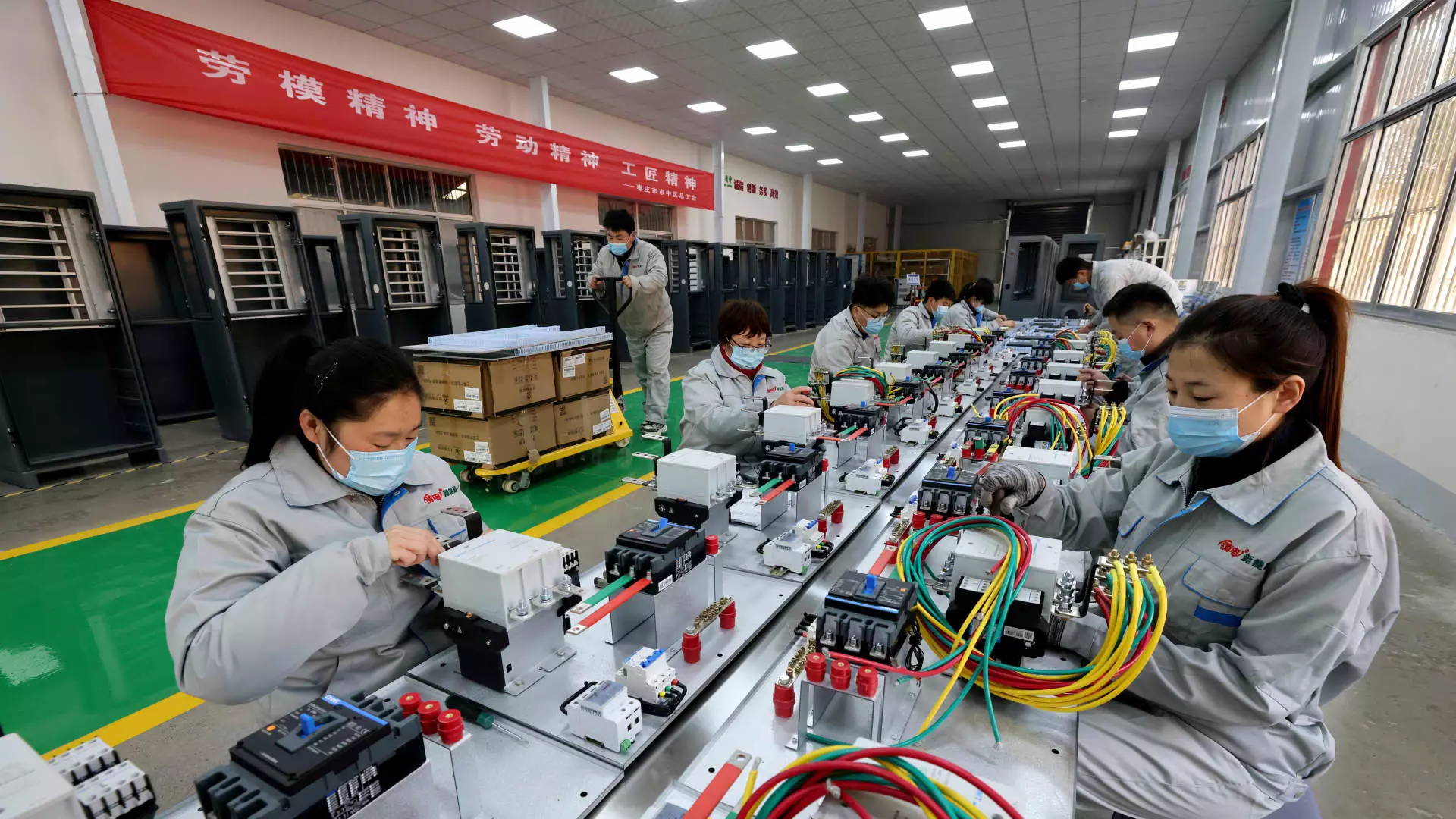As the world’s second-largest economy, China’s market has historically drawn substantial investments from global fund managers and individual investors alike. However, a growing consensus among financial experts signals a potential reevaluation of this allure. With various voices warning against the long-term viability of China’s unique brand of capitalism, investors are being urged to tread carefully when considering exposure to this emerging market.
Perth Tolle, the founder of Life + Liberty Indexes, poses a significant concern regarding China’s economic framework. According to her, the capitalist model currently in place is fundamentally unsustainable. In her assessment, merely possessing economic freedom does not guarantee personal freedoms, a crucial indicator of a mature and flourishing market economy. This sentiment challenges long-held beliefs that China’s economic advancement would inevitably lead to political reform and democratization. Instead, Tolle suggests that a capitalist system devoid of genuine freedoms may ultimately stifle innovation and growth, thus warranting a reassessment of investment strategies focused on China.
Tolle’s insights stem from a personal connection to China; her early experiences in Beijing significantly shaped her views. Drawing from her background as a private wealth advisor at Fidelity Investments, she recounts how, despite personal hesitations, her clients were eager to invest in China. This dynamic exemplifies the common investor mindset—seeking immediate gains with little regard for the accompanying risks. Tolle’s decision to create the Freedom 100 Emerging Markets ETF reflects her belief in prioritizing economies that emphasize personal freedoms, viewing them as integral to sustainable economic growth. Since its launch, her ETF has outperformed rival products focused on less democratic markets, illustrating potential benefits in choosing countries that value individual liberties.
Another expert, Tom Lydon, aligns with Tolle’s perspective, emphasizing the risks inherent in Chinese investments. He indicates that avoiding exposure to China within emerging market portfolios has proven advantageous, yielding less volatility alongside superior returns. This positioning highlights a significant trend: investors are increasingly weighing ethical considerations and geopolitical stability against the traditional metrics of performance. It suggests a shift toward a more holistic evaluation of markets, one that emphasizes sustainability and the health of democratic institutions.
The growing skepticism toward investing in China highlights the necessity of critical analysis within investment decisions, particularly in emerging markets. As experts like Tolle and Lydon advocate for a comprehensive understanding of political and economic freedoms, investors must begin to reassess their strategies. Opting for markets that prioritize individual liberties could not only enhance portfolio performance but also contribute to a more stable global economy in the long run. In an era where responsible investing is garnering attention, the lessons from the Chinese market will remain invaluable for future investment considerations.

